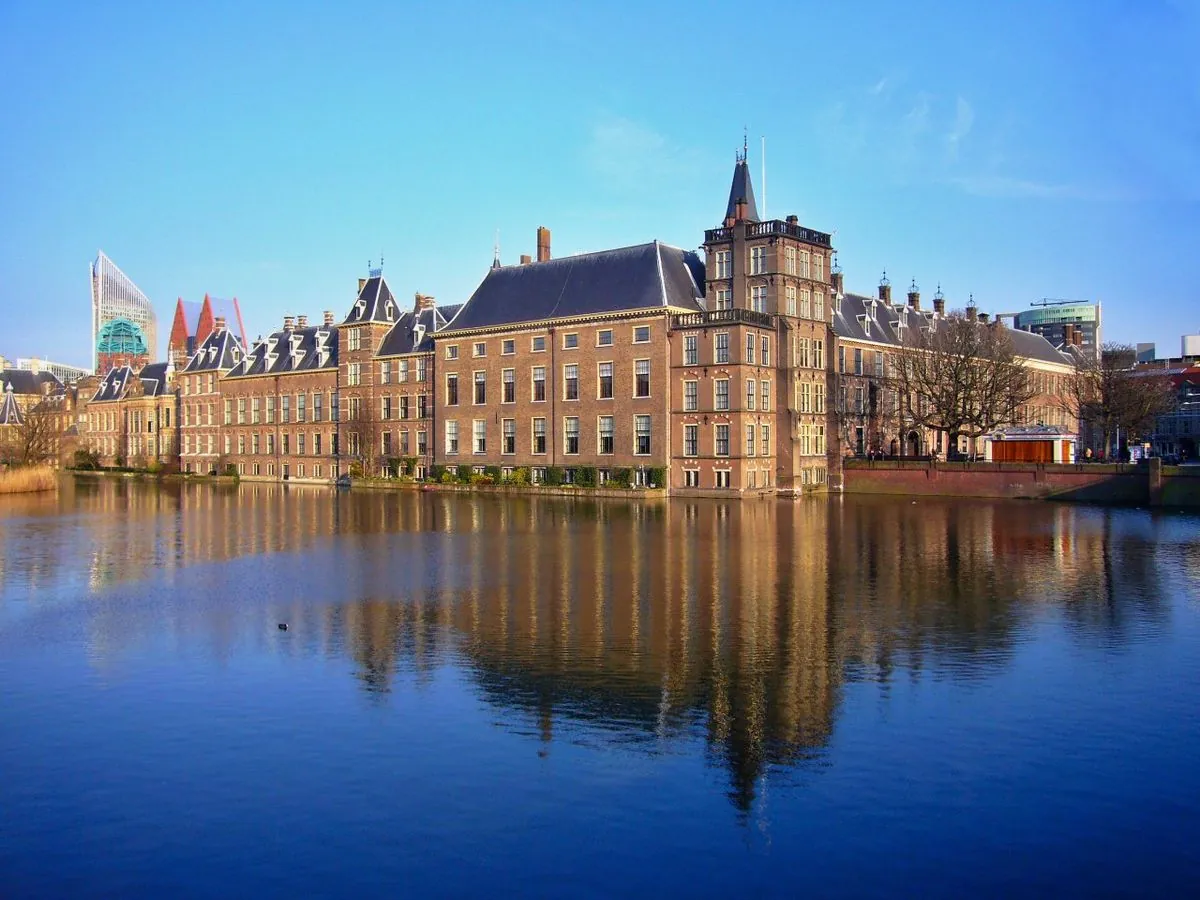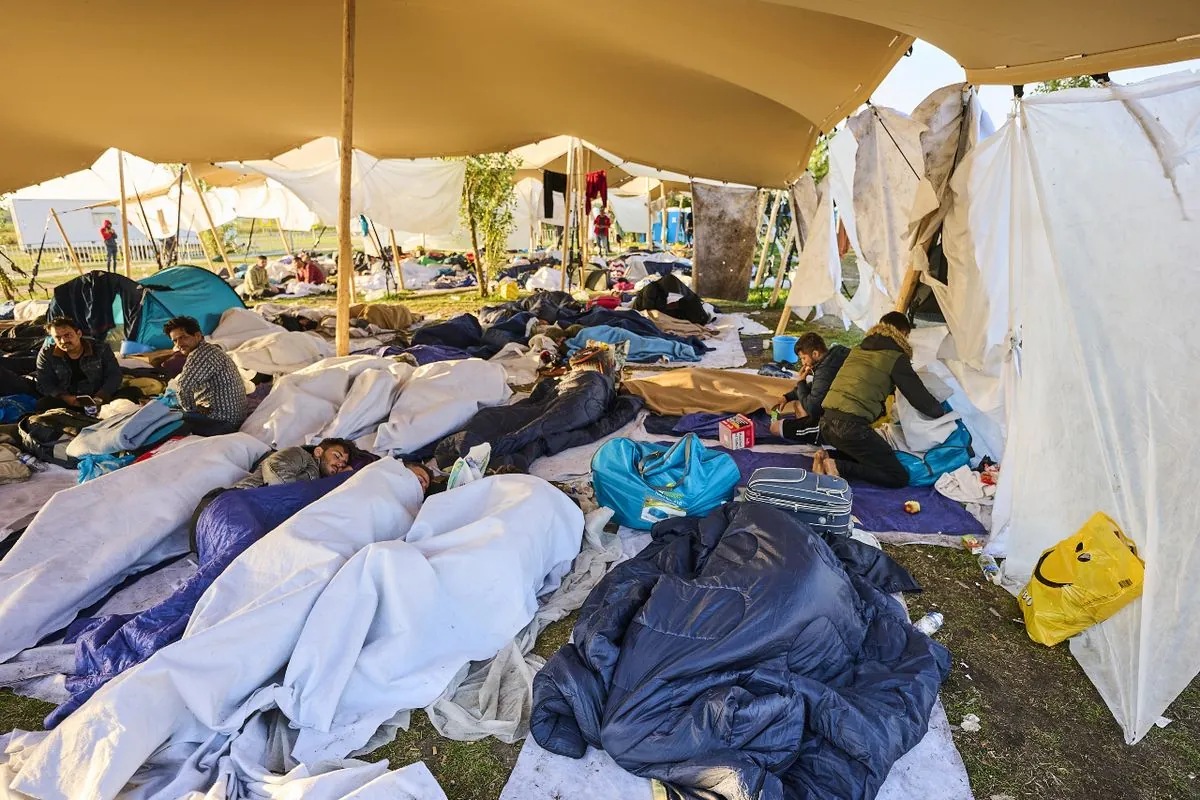Dutch Government Seeks EU Migration Exemption, Sparking Controversy
The new Dutch government has requested an exemption from EU migration obligations, aiming to reduce immigration. This move faces opposition from the European Commission and reveals internal coalition tensions.

The recently formed Dutch government, led by the far-right party of Geert Wilders, has taken a controversial step by formally requesting an exemption from European Union migration obligations. This action, aimed at fulfilling a campaign promise to significantly reduce immigration, has sparked debate both within the Netherlands and across the EU.
On September 18, 2024, Dutch Migration Minister Marjolein Faber, a member of Wilders' party, sent a letter to the European Commission expressing the Netherlands' desire to regain control over its asylum policy. The letter, addressed to European Commissioner for Home Affairs Ylva Johansson, stated, "I have just informed the EU Commission that I want a migration opt-out within Europe for the Netherlands. We need to be in charge of our own asylum policy again!"
This move comes as part of the new government's policy blueprint, announced on September 17, which outlines stricter measures for managing migrants who do not qualify for asylum. The Netherlands, one of the founding members of the European Union, has historically maintained liberal policies on immigration and multiculturalism. However, recent years have seen increased immigration, leading to growing concerns about integration and social cohesion.

The government's request for exemption has met with resistance from the European Commission. On September 13, Commission spokesman Eric Mamer emphasized that opting out of adopted EU legislation is not permissible, stating, "We have adopted legislation. It's adopted. You don't opt out of adopted legislation in the EU."
This situation highlights the ongoing tensions within the EU regarding migration policies. The Netherlands, with its high population density of about 508 people per square kilometer, faces unique challenges in managing immigration. The country's participation in the Schengen Area, which allows free movement between participating European countries, further complicates the issue.
The Dutch government's plans include declaring an "asylum crisis" to facilitate the implementation of tougher measures. These may include restricting visas for family members of asylum grantees and expediting the deportation process for ineligible migrants. However, these plans must first undergo review by a key political advisory panel, and at least one coalition party has indicated it will oppose emergency measures without the panel's approval.
This development occurs against the backdrop of overcrowding issues at asylum centers, particularly in the northeastern village of Ter Apel. The Dutch refugee settlement agency COA, established in 1994, recently announced an impending shortage of beds at this facility, underscoring the practical challenges faced by the country in managing asylum seekers.
The situation in the Netherlands reflects broader debates within the EU about migration policy reforms. As a member of the Dublin Regulation system, which determines responsibility for examining asylum applications, the Netherlands is part of a complex web of EU migration policies that have been subject to ongoing reform proposals.
As this situation unfolds, it remains to be seen how the EU will respond to the Netherlands' request and how the Dutch government will navigate both internal coalition disagreements and external pressures in its pursuit of stricter immigration policies.
"I have just informed the EU Commission that I want a migration opt-out within Europe for the Netherlands. We need to be in charge of our own asylum policy again!"


































